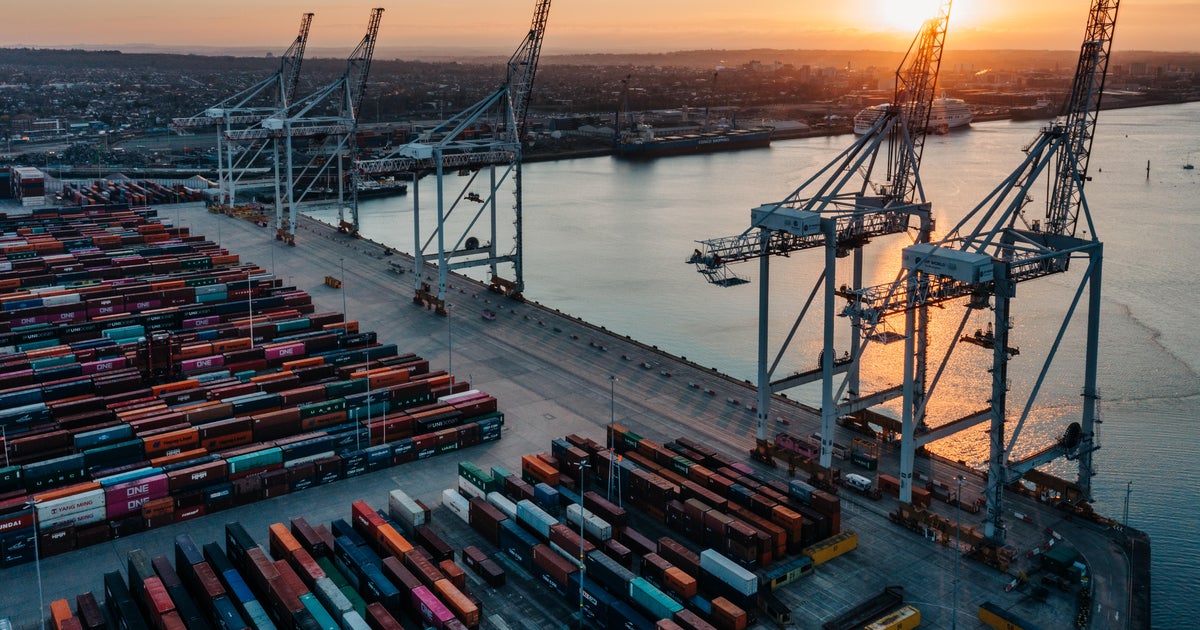The Trump administration recently announced a significant policy shift affecting international shipments to the United States. In a move aimed at tightening control over the import of low-value goods, the U.S. government terminated the de minimis exemption, an arrangement that previously allowed parcels valued at $800 or less to enter the U.S. tariff-free. This exemption has been an integral part of international trade logistics, facilitating rapid and economical shipping of inexpensive products directly to consumers from overseas manufacturers and retailers.
The change, first reported by a White House press release, went into effect as of 12:01 a.m. Friday, following an executive order signed by President Donald Trump. The decision to suspend the de minimis exemption was described by the White House as a crucial step in closing what they referred to as a “catastrophic loophole.” This loophole, according to administration officials, has been exploited by shippers to bypass not only tariffs but also necessary inspections and compliance with U.S. law. Importantly, the White House has signaled that this move is also part of a broader strategy to combat the importation of illegal narcotics, particularly synthetic opioids, which are often hidden in small, low-value parcels.
Historically, the de minimis provision, which had been added to the Tariff Act of 1930 several years after its passage, was designed to streamline the flow of international trade by reducing the bureaucratic overhead associated with collecting duties on cheaper goods. The threshold, which stood at $800 since it was last adjusted, allowed for expedited entry of consumer goods that, according to the policy’s supporters, benefited U.S. consumers through increased variety and lower prices.
With the rise of e-commerce giants and an increase in international shipping, the volume of low-value parcels entering the U.S. has surged exponentially over the last decade. Official figures suggest that between 2015 and 2025, the number of such shipments jumped from 134 million per year to nearly 1.4 billion. Daily processing of de minimis shipments by Customs and Border Patrol reportedly reached over 4 million. This surge has cast a spotlight on the de minimis rule, with critics arguing that it undermines domestic producers and masks illicit activities under the guise of legitimate commerce.
In their briefing, administration officials emphasized the revenue implications of this policy change. Peter Navarro, the White House trade adviser, pointed out that ending the de minimis exemption could generate up to $10 billion annually in tariff revenue, which could significantly bolster the Treasury’s coffers. Furthermore, Navarro highlighted the potential lifesaving impact of the new policy, suggesting that tighter control over small parcel shipments would directly impede the flow of illegal narcotics into the country, thereby saving thousands of American lives.
While the policy has been fully implemented for all nations, the transition will include a six-month period during which postal service shippers can opt to pay a flat duty rate ranging from $80 to $200 per package, depending on the country of origin. This intermediate step is designed to provide a buffer for businesses to adjust their operational models to comply with the new regulations.
The termination of the de minimis exemption for Chinese and Hong Kong imports, which President Trump had already put in place in May prior to this broader application, had a profound impact on how companies like Shein and Temu operate. These companies, known for their ultra low-cost apparel and goods, previously capitalized extensively on the de minimis rule to offer competitive prices to U.S. consumers. In response to the policy’s initial tightening, Temu had reportedly paused shipments from China to the U.S. and shifted to selling only those goods that could be sourced from its American warehouses.
Economic analysts and industry specialists are closely monitoring these developments. The policy shift raises questions about the broader impacts on international trade, U.S. consumer prices, and global supply chains. Some critics of the move warn that it might lead to increased costs for U.S. consumers, who have benefited from access to low-cost goods. Conversely, proponents argue that the adjustments are necessary to protect U.S. economic interests, enforce fair trade practices, and bolster national security.
As these changes unfold, businesses engaged in international shipping, e-commerce platforms, and logistics companies will need to reassess their strategies to adapt to a new regulatory environment that promises to reshape the landscape of global trade involving the United States.









